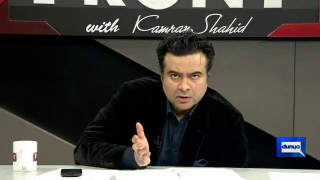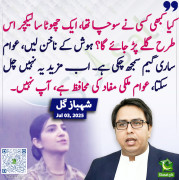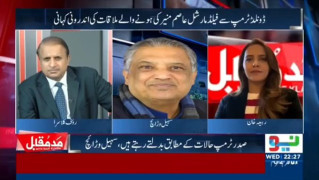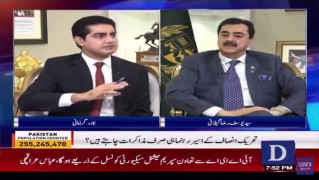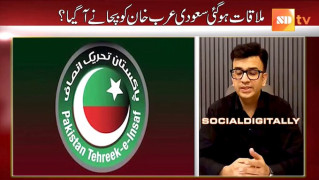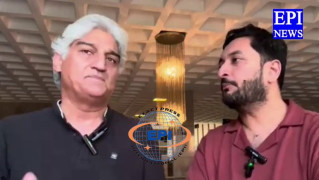GeoG
Chief Minister (5k+ posts)
Dear Brother Bret Hawk,
Loved each and every word of your post and God you are a loving perfectionist.
So we have one common person in real life we know - Siddique Sahib.
I studied in Central Model School in late seventies, a few hundred yards from Datta Gunj Baksh and one of class mate, Sameer Riaz was a neighbour of Siddique Sahib.
I have seen the room with family picutres of Rafi Sahib a few times as one of Siddique Sahib nephew who was studing somewhere else but used to play football in oriental college (called training college then) ground a short walk from there. Hafiz Salman Butt (hate of say this) was a few years senior and used to captain us, a Thug then and no change todate.
Shame, I was not aware of the legendary status at that time - Dadra hi seekh laita, aj mara mara tou na phirta!
Loved each and every word of your post and God you are a loving perfectionist.
So we have one common person in real life we know - Siddique Sahib.
I studied in Central Model School in late seventies, a few hundred yards from Datta Gunj Baksh and one of class mate, Sameer Riaz was a neighbour of Siddique Sahib.
I have seen the room with family picutres of Rafi Sahib a few times as one of Siddique Sahib nephew who was studing somewhere else but used to play football in oriental college (called training college then) ground a short walk from there. Hafiz Salman Butt (hate of say this) was a few years senior and used to captain us, a Thug then and no change todate.
Shame, I was not aware of the legendary status at that time - Dadra hi seekh laita, aj mara mara tou na phirta!
Last edited:








